Sample Size Specifications for Post Harvest Testing (PHT):
The tuber size is very important; they must be approximately golf ball size or smaller. It is a good idea to ship 10% more tubers than required; 220 for the 200 tuber test and 440 for the 400 tuber test, as there are always a few tubers that fail to break dormancy.
The conditions required to break dormancy for the virus testing necessitate that the tubers arrive in good condition; please ship dry tubers that are free from deterioration, rot or damage and ensure that they are protected against freezing while in transit. Samples that have been chilled or frozen during shipping will need to be resubmitted as they deteriorate rapidly rendering them unusable for virus testing.
A 440 tuber sample should easily fit within a 14 gal/53 litre Rubbermaid Roughneck Tote (or equivalent sized cardboard box) lined with insulation. Our racks can only fit the 14 gal/53 litre tote size (Width: 12.2” wide / Length: 23.9” / Height: 15.9”). As Styrofoam is difficult to recycle or dispose of, we ask that you please use burlap sacking or cardboard to insulate.
Samples for virus testing must be properly identified and the tests required clearly indicated with completed PHT tags attached prior to shipping. Original, signed tags in duplicate are required for each sample submitted; one tag attached to the outside of the sample bag and one, in a separate ziplock bag, inside with the sample. Occasionally the outside tags get damaged or detached in shipping and the tag inside the sample bag becomes the only way to identify the sample.
Please Note:
USA markets require a 400 tuber laboratory virus test. Some states may require a larger sample for large fields.
Idaho Crop Improvement Association (ICIA) PVY, PLRV and BRR certification rules and post-harvest testing requirements can be found here.
North Dakota, Oregon and Wisconsin require a visual grow-out post-harvest test and should be sent to Hawaii.
Colorado requires a late blight laboratory test on 400 tubers using the “San Luis Valley Research Center, Colorado State University Late Blight Tuber Test”. This protocol requires a 21 day incubation step once it is received at the laboratory.
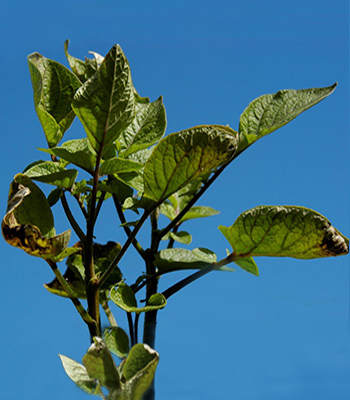
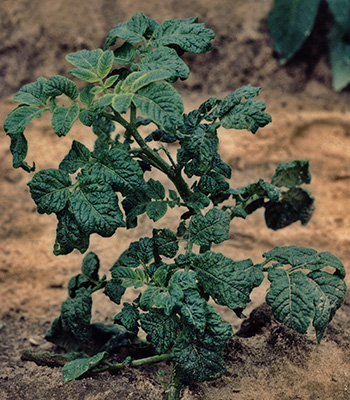
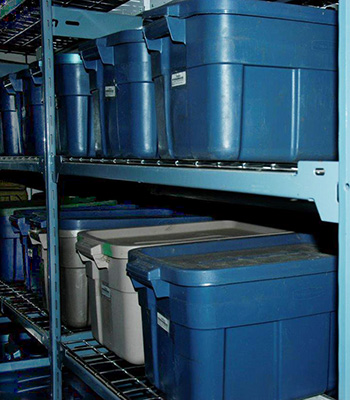
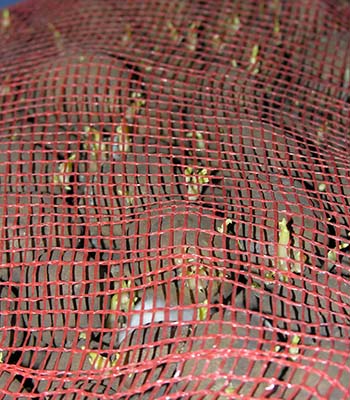
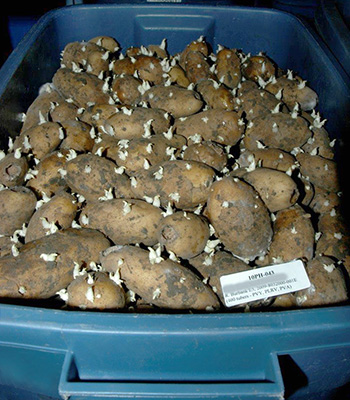
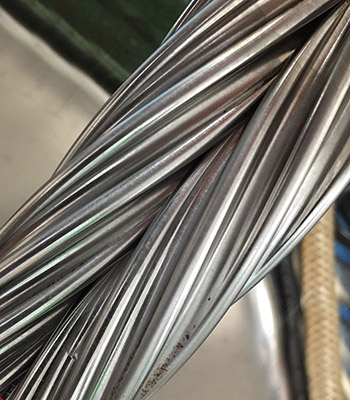
Phyto Diagnostics Company Ltd.
9381 Ardmore Drive
North Saanich
British Columbia, Canada
V8L 5G4
+250 655.1444
info@phytodiagnostics.com
© 2025 Phyto Diagnostics Company Ltd. All rights reserved.